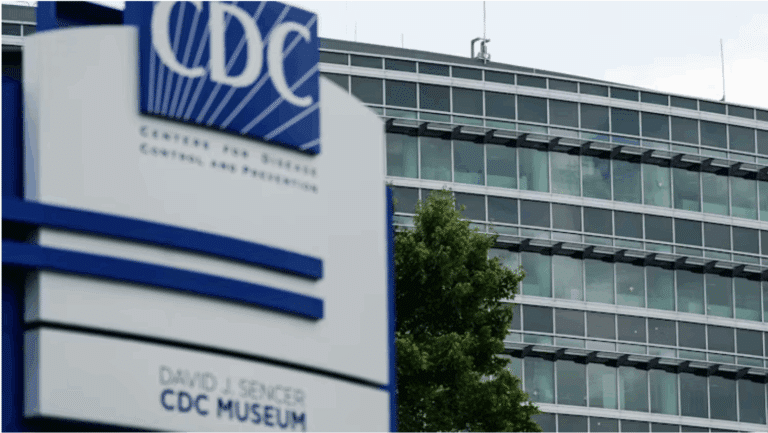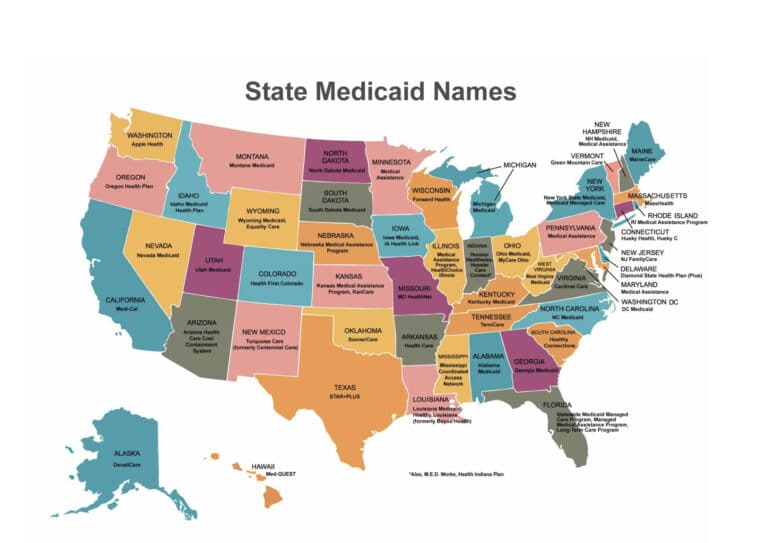Reduce your sodium intake to improve heart health
Recently, researchers explained that if the food industry complied with the Food and Drug Administration’s 10-year plan to reduce sodium in commercially prepared food, some 450,000 cases of cardiovascular disease could be prevented, saving more than $40 billion over 20 years.
Sodium consumption is a leading controllable risk factor for high blood pressure and cardiovascular disease, according to a study published in the journal PLOS Medicine.
Whether or not the food industry decides to fall in line is mostly out of consumers’ hands. What you can control, however, is your own sodium intake. And Chicago-area cardiologists say that you can make changes now to head off heart issues down the road
Sodium’s effect on the heart
Making adjustments to sodium intake alone may not seem like enough to make an impact on one’s cardiac health, but a little can go a long way, says Tamar Polonsky, MD, director of the Cardiovascular Prevention Program at UChicago Medicine.
Americans’ average sodium intake is 3,400 mg per day. Several studies have shown that participants who reduced their sodium levels to around 1,500 mg per day lowered their blood pressure by upwards of 10 points, Polonsky says.
Although salt is necessary in healthy amounts, in excess it can contribute to a host of health issues including high blood pressure and stiffening of the arteries. If you have chronic kidney disease and consume too much sodium, your kidneys can’t remove excess salt and fluid, which can cause high blood pressure.
“Sodium results in water retention in the body and increases blood volume, resulting in higher blood pressure readings,” Polonsky explains. When you have high blood pressure, or hypertension, your heart has to work harder, and it may become enlarged and weak.
Heart disease is the leading cause of death in men and women annually, according to the Centers for Disease Control and Prevention. Approximately one in four deaths in the U.S. are from heart disease each year, which is more deaths than from all forms of cancer combined.
Those with high blood pressure may not feel its effects until it reaches extreme levels. Over time, long-term elevated blood pressure can lead to kidney damage, changes in brain matter, risk of dementia, strain on the heart and more.
“It doesn’t happen quickly. It’s something that progresses over time, over many years,” Polonsky says. “For the vast majority of people, heart disease is not inevitable. It’s preventable. It takes an investment in your diet, exercise, sleep and in your health as a whole to make a difference.”
Although salt is necessary in healthy amounts, in excess it can contribute to a host of health issues including high blood pressure and stiffening of the arteries
Making a difference with diet
Zehra Jaffery, MD, a staff cardiologist at Northwest Community Healthcare, says she has discussions about sodium intake with her patients on a daily basis.
Making heart-healthy choices when you are young can create a lifelong lifestyle that will help prevent illness, Jaffery says. “Yes, there are some people who will do everything right and will end up with a disease, but 90 percent of your health is in your hands most of the time,” she says.
Those with no family history and no diagnosis of heart issues can be slightly more flexible in their daily sodium intake, Jaffery says, but everyone should be mindful of how much salt they’re consuming. “Salt is salt,” she says, no matter if it’s kosher, Himalayan, sea salt or any other variation. “If something tastes salty, try to avoid it. Don’t be quick to reach for salt at the table,” she says.
Individuals can make healthy changes to their sodium intake without having to put in a lot of time or effort, Polonsky says. For snacking, she suggests portable options that can be taken to work or school such as yogurt (watch the sugar content), nuts, hummus, vegetables, hard-boiled eggs and packable fruits that don’t require cutting, like oranges, apples and bananas.
Think about the foods you enjoy and about ways you can switch to healthier alternatives, she says. Pay close attention to items you may think of as healthy but which could be sneaking additional sodium into your diet, such as whole wheat bread, flour tortillas or wraps, jarred pasta sauces, turkey sausage and spice rubs.
Adjusting to lower sodium
It’s important to give yourself time to adjust to dietary changes, Polonsky says. “We’ve trained our palates to expect salt,” she notes. “The first couple of weeks may seem difficult, and your food may seem bland. People quickly adjust though, especially if they learn to season their food with other herbs and spices.”
“Often, when patients try to go back and eat a saltier item, they’re shocked by the saltiness,” she adds. “Food can be flavorful with little to no salt. You’ll be surprised at how little you miss the added salt when you get creative with other spices.”
If one family member is diagnosed with a heart-related condition and is in need of improving their diet, it’s crucial that the entire family make changes together, Polonsky says.
“If the patient is the only person in the family making heart-healthy choices, it can be very hard to sustain. It’s going to be good for everyone in the long run if the whole family takes on that goal.”













